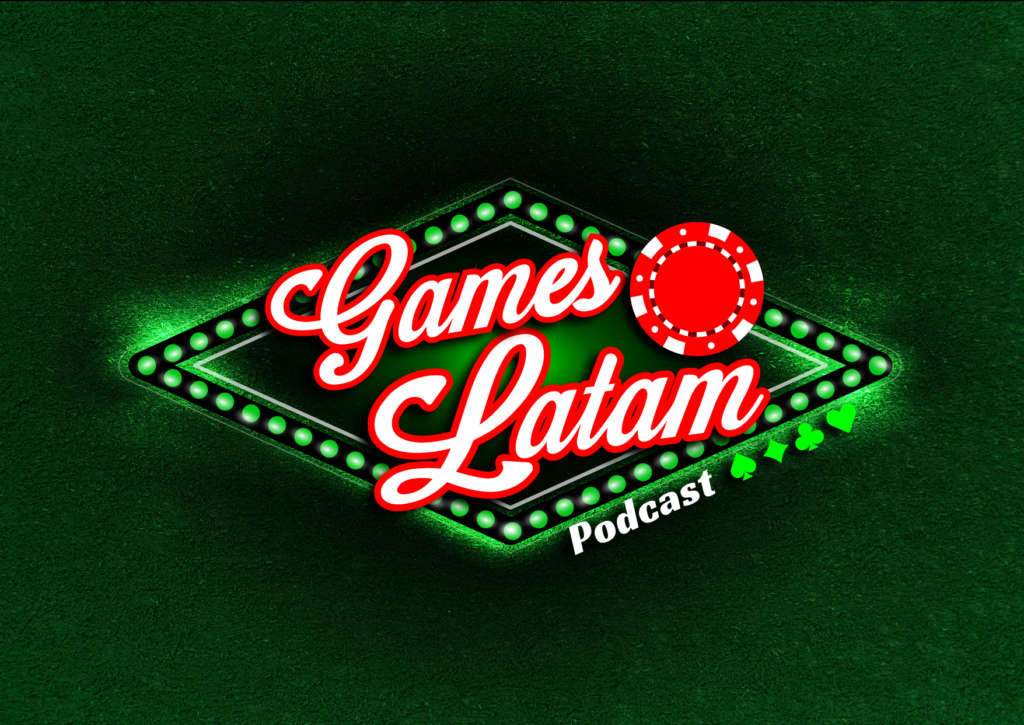Minnesota’s Debate on Mobile Sports Betting: Socio-Economic Concerns and Legalisation
Amidst the buzz of potential economic growth and recreational opportunities, Minnesota’s legislative chambers echoed with a sobering debate. The spotlight shone on the contentious issue of legalising mobile sports betting, stirring a cauldron of concerns ranging from addiction to societal implications. In this comprehensive analysis, we dissect the inaugural legislative hearing’s proceedings, delving into the clash of viewpoints, proposed safeguards, and the underlying socio-economic fabric shaping Minnesota’s gambling landscape. As gambling professionals, it’s imperative to navigate this nuanced discourse and unravel the multifaceted layers that underscore the path towards legalisation.
In Minnesota, the inaugural legislative hearing on legalised mobile sports betting unveiled a tapestry of concerns woven into the fabric of societal well-being. Lawmakers grappled with the looming spectre of addiction and the far-reaching socio-economic repercussions entwined with a potential expansion of gambling activities.
Transitioning from concerns to action, the House Human Services Finance Committee wielded its legislative authority, advancing the bill on a split voice vote to the House State and Local Government Committee. This pivotal decision underscored the divergent perspectives encapsulating the debate on mobile sports betting.
Republican Representative Dave Baker of Willmar emerged as a vocal skeptic, questioning the imperative of extending sports betting to mobile platforms. Citing the omnipresence of smartphones and the consequent proliferation of gambling opportunities, Baker cast a shadow of doubt over the necessity of this legislative endeavor.
In response to Baker’s skepticism, the bill’s lead sponsor, Democratic Representative Zack Stephenson, endeavoured to dispel apprehensions by elucidating the bill’s underlying rationale. Stephenson underscored the imperative of regulating an already rampant illicit activity, emphasising the need for stringent controls and consumer protections.
Central to the bill’s provisions are safeguards designed to mitigate the risks associated with mobile sports betting. Among these measures is the prohibition of push notifications from gambling platforms and the imposition of a mandatory three-hour waiting period post-money transfer, intended to curb impulsive gambling behaviours.
Despite the legislative strides, the hearing failed to address the simmering tensions between the state’s Indian tribes and racetracks, underscoring the complexity of stakeholder dynamics within the gambling industry. The absence of substantive dialogue with tribal and racetrack representatives underscores the unresolved intricacies that cloud the path to legalisation.
At the heart of the debate lies the spectre of addiction, brought to the fore by Susan Sheridan Tucker, Executive Director of the Minnesota Alliance on Problem Gambling. Tucker’s poignant testimony shed light on the grim reality of gambling disorder, urging lawmakers to expand education and treatment initiatives in tandem with any potential expansion of gambling activities.
Highlighting the staggering prevalence of gambling addiction, Tucker referenced state surveys revealing alarming statistics. With 250,000 adults and 6,000 high school students identified on the problem gambling spectrum, Tucker sounded a clarion call for intensified efforts in education and treatment.
Propelled by a commitment to address the scourge of addiction, Representative Stephenson’s bill seeks to allocate a portion of sports betting revenue towards addiction prevention, education, and recovery endeavours. However, concerns linger amongst lawmakers, with Republican Representative Dawn Gillman expressing enthusiasm tempered by apprehensions regarding potential impacts on bingo operations statewide.
In the crucible of legislative deliberation, Representative Baker issued a cautionary note, warning of a potential surge in advertising accompanying the legalisation of sports betting. Drawing parallels to discussions on drug addiction and smoking, Baker advocated for robust educational initiatives to combat the normalisation of addictive behaviours.
Echoing Baker’s sentiments, Representative Kristin Bahner voiced apprehensions about the normalisation of sports betting in the eyes of children and youth. While acknowledging the inevitability of legalisation, Bahner emphasised the need for prudence in safeguarding vulnerable demographics from the allure of gambling.
As the legislative journey unfolds, Minnesota stands at a crossroads, grappling with the intricate interplay of socio-economic imperatives, addiction concerns, and regulatory frameworks. Navigating these turbulent waters demands a nuanced understanding of the industry’s complexities and a steadfast commitment to balancing economic interests with societal well-being. As gambling professionals, it is incumbent upon us to lend our expertise to this critical discourse, shaping a future where responsible gambling and robust consumer protections coalesce to foster a thriving and equitable gambling landscape in Minnesota.
The post Minnesota Grapples with Legalised Mobile Sports Betting appeared first on Gamingo News.
Minnesota’s Debate on Mobile Sports Betting: Socio-Economic Concerns and Legalisation Amidst the buzz of potential economic growth and recreational opportunities, Minnesota’s legislative chambers echoed with a sobering debate. The spotlight shone on the contentious issue of legalising mobile sports betting, stirring a cauldron of concerns ranging from addiction to societal implications. In this comprehensive analysis, we
The post Minnesota Grapples with Legalised Mobile Sports Betting appeared first on Gamingo News.
Participe da IGI Expo 2026: https://igi-expo.com/












